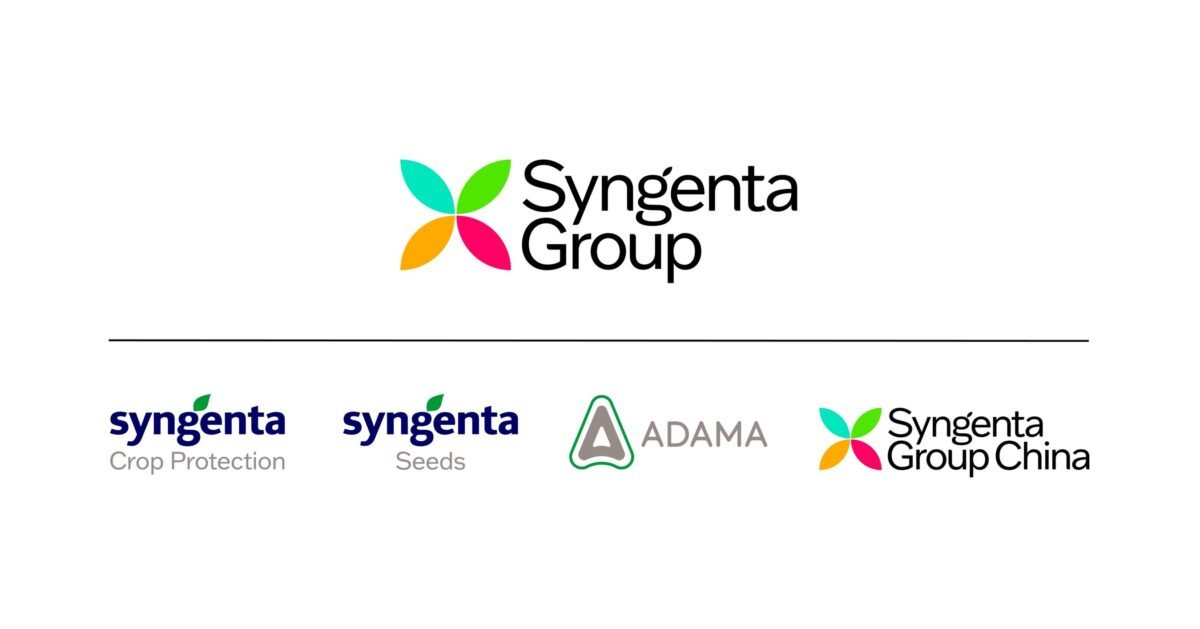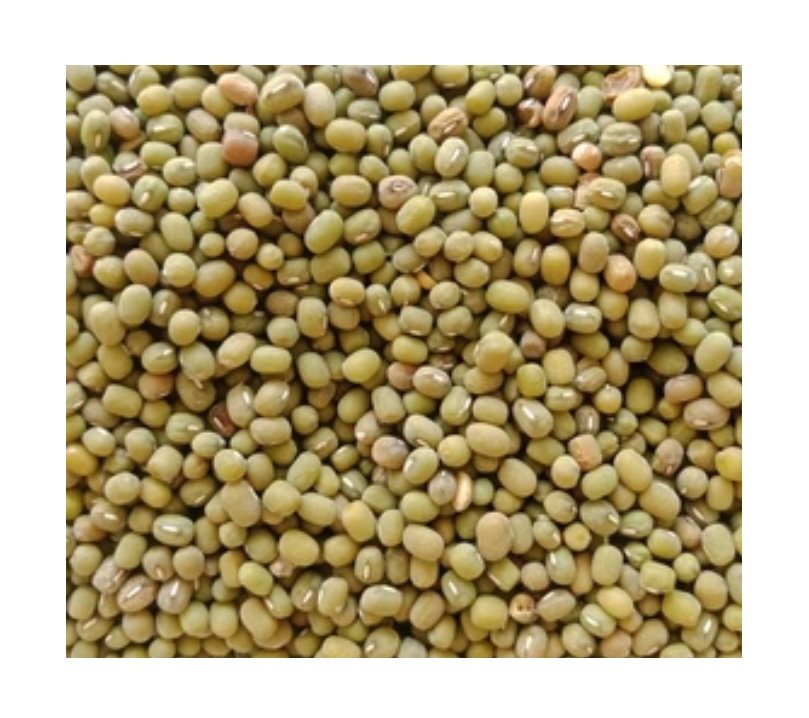Brevant Seeds expands corn and soybean portfolios for 2025 season
The cost of remaining stagnant is higher than ever. It’s essential that farmers have access to improved products that drive genetic gain and help them overcome in-field threats. The 2025 class of Brevant® brand corn and soybeans features 39 new products that have been strategically selected to better support farmer needs
″We can’t predict what growing conditions this season will bring, so we continue improving our products for stability across all environments,″ said Travis Belt, portfolio and technology lead for Brevant® seeds. ″The newest class has a competitive edge over previous classes and is handpicked to address the needs of our retail teams and their customers.″
The new class of Brevant seeds equips farmers with 27 new grain corn and silage corn hybrids that outyield all competitors by +11.6 bu./A1 and wins 71 per cent of the time. The 2025 class adds 11 PowerCore® Enlist® corn products to the lineup of Brevant seeds — providing more options for comprehensive weed and insect control. With two additional PowerCore® Ultra Enlist® corn products in the class, farmers get even more protection against above-ground pests. The seven new Brevant brand Vorceed® Enlist® corn products feature improved defense against corn rootworm (CRW) and flexible weed control.
″Advancements in the seed space are accelerating and the momentum isn’t slowing down,″ Belt said. ″As technology continues to push forward, farmers are getting products with improved agronomics and yield potential. It’s important for them to take advantage of these new technologies to stay ahead of the curve.″
The 2025 lineup of Brevant brand Enlist E3® soybeans continues to raise the bar with elite Corteva genetics for ag retail and 12 new varieties, five of which have Peking resistance to soybean cyst nematode (SCN). This class focuses on delivering more yield potential and improved agronomics, including advancements in emergence, standability, iron deficiency chlorosis (IDC), white mold, phytophthora field tolerance, and sudden death syndrome (SDS). The next generation of Brevant brand Enlist E3 soybeans demonstrates strong performance as it wins 68%2 of the time and averages +2.8 bu./A over the competition.
The cost of remaining stagnant is higher














